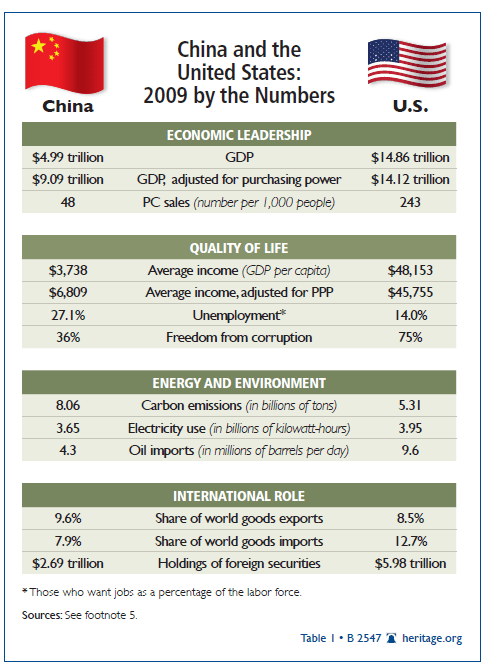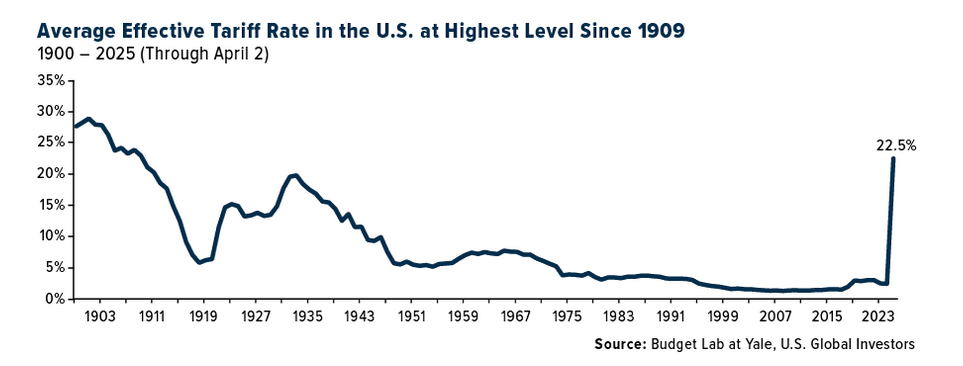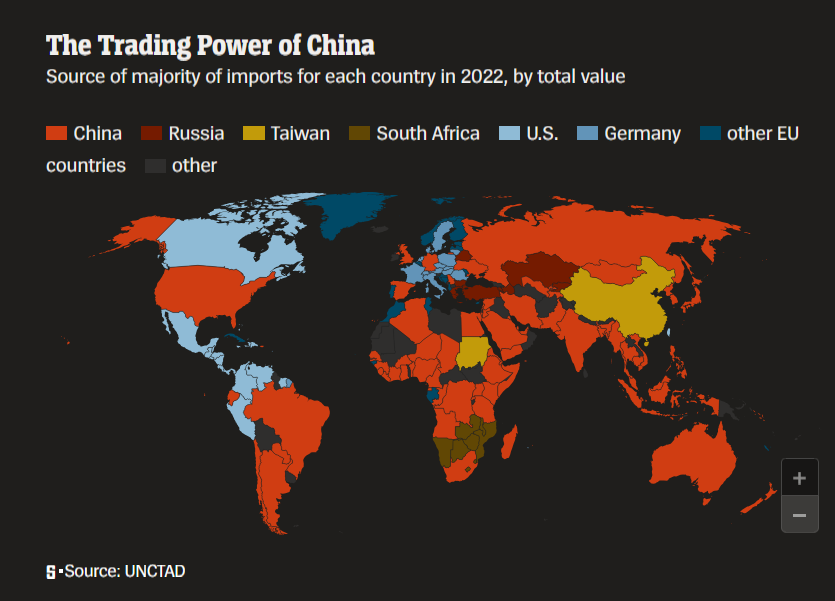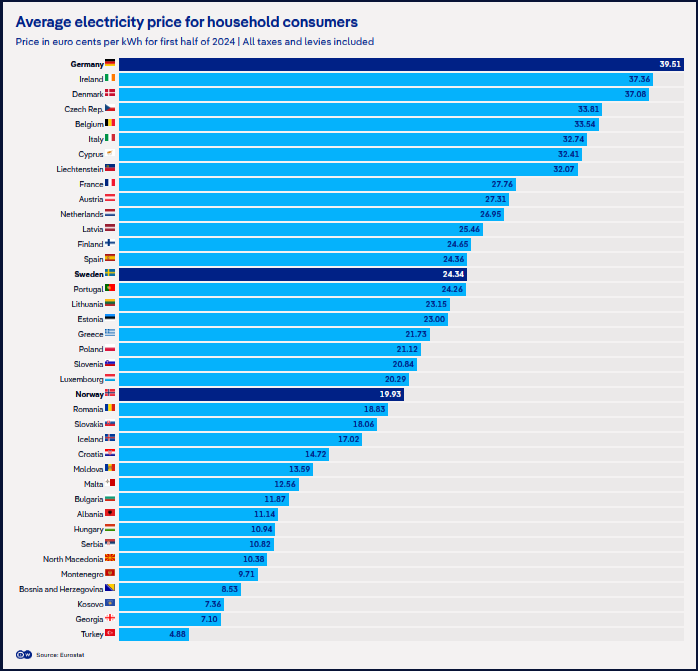In the second quarter of 2010, the Chinese economy surpassed that of Japan making it the second biggest economy in the world. In the past few years a general belief has developed that China is on its way to become an economic superpower. However the popular notion that China is getting better than the U.S. in terms of economic growth and overall development of the society is incorrect according to a research report by Derek Scissors of The Heritage Foundation.
An economic comparison of China and US:
Click to enlarge
Source: The United States vs. China— Which Economy Is Bigger, Which Is Better by Derek Scissors, Ph.D, The Heritage Foundation
The following are three key reasons offered by Mr.Derek supporting his view that the U.S. economy is better than China’s:
1.Low Income Levels
Despite strong economic growth in the past three decades China is still a poor country and the gap between US and China in terms of wealth and income is still huge. The U.S. GDP in 2009 was nearly $15.0 trillion compared to China’s $5.0 trillion. On an average, an American had $48,000 in 2009 income while the average Chinese had less than $4,000.
2.Resource Depletion
Unlike the U.S. China is not a resource-rich country. Hence China is the world’s largest importer of many commodities. For example, China is the world’s second-largest oil importer, the biggest coal importer, the biggest soybean importer, and accounts for two-thirds of global iron ore trade by itself. The same kind of results hold true for many metals, and corn could be next.More than one fourth of China’s land is desert and hence not available for agriculture. Similar water scarcity is also an issue in some regions.
3.High Unemployment
The current official US unemployment rate is 9.0% but the unofficial figure as measured by U6 is much higher. China says that its urban unemployment figure is below 4.5 percent. But no one including the employees at the Ministry of HR do not believe this figure. The Chinese Academy of Social Sciences put the rate at 9.4% before the credit crisis. The rural unemployment has long exceeded 20 percent. Hence the US unemployment rate is relatively better than China’s. When other factors such as trade, innovation, freedom from corruption, etc. are considered the US is in a much better position than China. This situation will continue at least for the foreseeable future.
In summary, I agree with Derek Scissors’s views on the Chinese economy. However while the U.S. economy has significant advantages over other economies, that edge is slowly eroding. Hence structural changes in the economy and policies encouraging innovation and investment in science and technology are critical to maintain the leadership position.




